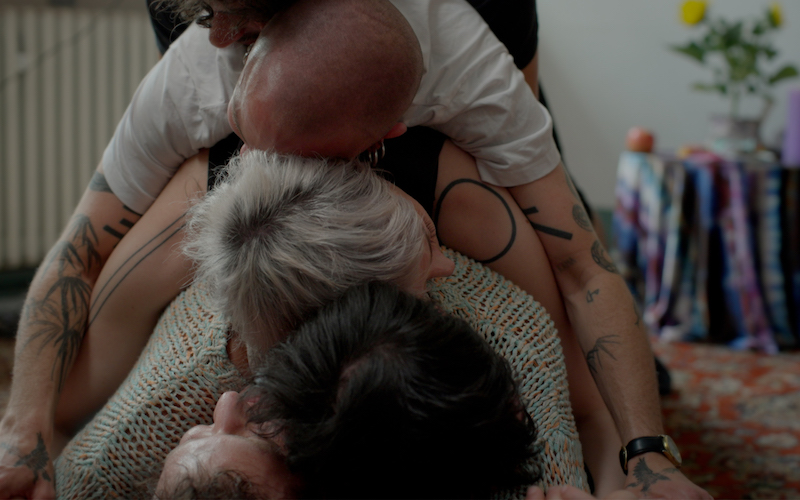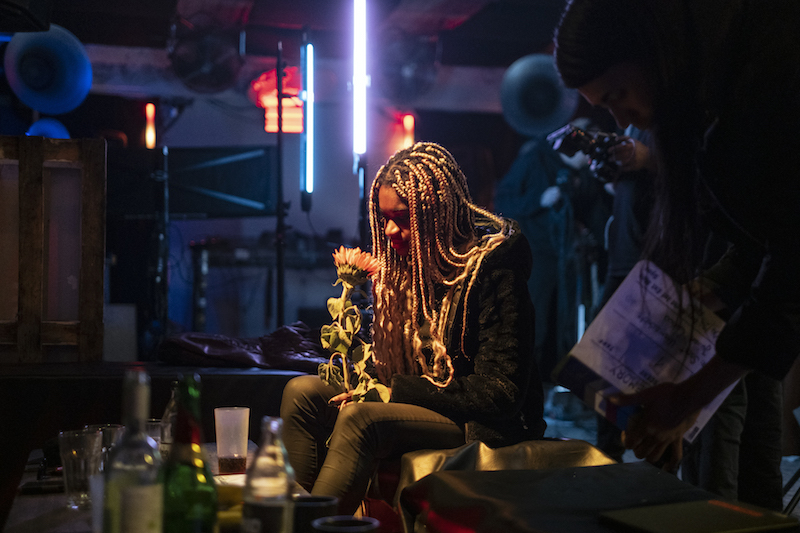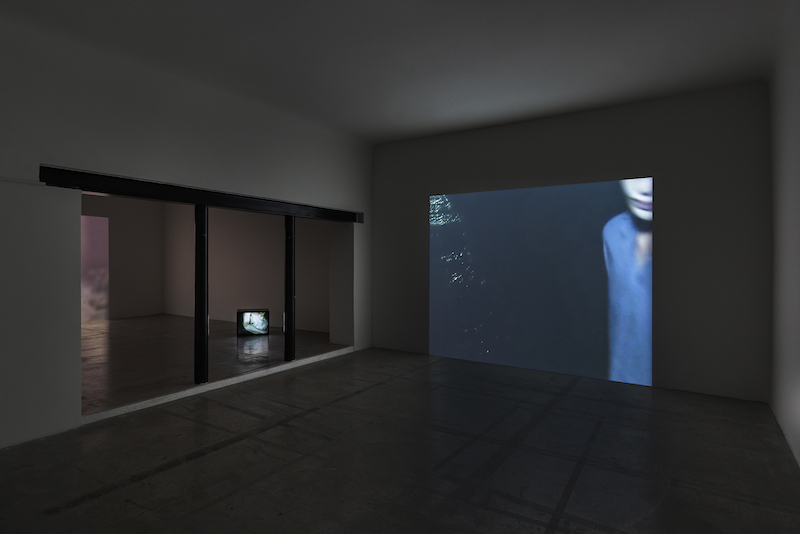by Alison Hugill // Mar. 5, 2024
This article is part of our feature topic Grief.
Grief is a weighted and highly sensitive subject. Given time, it can also prove to be a welcome and necessary process of reckoning with the fragility of life—whether on a personal or global scale—and an opportunity for a communal coming together. Sometimes grief comes in slow and predictable waves, sometimes it hits when least expected. Grief might also be a luxury for some, hijacked by the simple need to survive.
The catastrophic siege on Gaza over the past five months—regarded by human rights organizations as among the deadliest and most destructive towards children in recent history—re-affirms American author and civil rights activist James Baldwin’s powerful statement from a 1980 issue of ‘The Nation’: “The children are always ours, every single one of them, all over the globe; and I am beginning to suspect that whoever is incapable of recognizing this may be incapable of morality.”

Sarnt Utamachote: ‘I Don’t Want to Be Just a Memory,’ 2024, film still // Courtesy of the filmmaker
In this injunction, we find a call for collective care and grief, for a need to step out of our individual bubbles and to regard the survival of humanity as a common project. Using the child (every child) as the stand-in for what makes us human—unencumbered by political and economic pursuits—Baldwin taps into a deep sense of generational obligation and grief in realizing that our children (all children) will inherit a less-than-perfect world.
This kind of widespread grief is also the subject of a recent book by climate activist Britt Wray, entitled ‘Generation Dread: Finding Purpose in an Age of Climate Crisis,’ in which she outlines the far-reaching effects of eco-anxiety and the importance of grieving devastating planetary changes communally. By interrogating “climate emotions” and overcoming cultures of denial, we can better understand our place in guiding future generations through this state of man-made disaster.
Embodying the role of a guide or “death doula” from an artistic perspective, the recently formed Association for the Palliative Turn (APT) describes itself as a loose collection of individuals who are “palliatively-curious” in exploring approaches to cultural life with death. In this way, the APT anticipates grief from a pro-active angle, acknowledging the end of all things and adopting the fundamental principles of palliative care and medicine. In their manifesto, they write: “The art of the Palliative Turn…mitigates suffering, gives pleasure, generates joy wherever possible. It accompanies a dying person, culture or belief system on their final stretch and shares the horrors of darkness with them.” Affirming the inevitability of death and grief, they seek to “embrace the end of everything as we know it.”

Sarnt Utamachote: ‘I Don’t Want to Be Just a Memory,’ 2024 // Photo by Ceren Saner, courtesy of the filmmaker
Under the Grief topic, we interview artists and review exhibitions that deal with the specificities of grief as an individual and communal phenomenon. We’ll speak to Berlin-based filmmaker Sarnt Utamachote, whose film ‘I Don’t Want to Be Just a Memory’ (2024) was recently premiered at the Berlinale film festival, as part of the Forum Expanded program. As Utamachote explains, the film is “about queer mental health and grief regarding queer people in Berlin who overdosed, passed away. It’s our collective effort in archiving their memories and knowledge, and finding acceptance.” Coming from within Berlin’s queer community and working with ethical filmmaking practices, Utamachote is explicit that their film is ultimately a collaboration and a testament to the power of community.

Pan Daijing: ‘Grief Lessons,’ 2023, installation view, Grazer Kunstverein // Courtesy of the artist
We’ll also speak to artist and composer Pan Daijing, whose solo exhibition ‘Mute’ opens at Haus der Kunst in Munich this week. The live-exhibition, which encompasses choreography, architectural intervention, sound and moving images, will include her work ‘Grief Lessons.’ Speaking with William Kherbek, she talks about the feelings that emerge from that work and their connection to a metaphor of grief as a kind of anticipation: “There’s a feeling of constant transit, as if we’re going somewhere, and not knowing where…What is being shown reflects a search for a sense of hope.”
Grief, while it can consume us, might help point to this sense of hope. By sharpening our focus on loss, grief can re-orient us towards a renewed interest in our collective humanity and its survival.






















